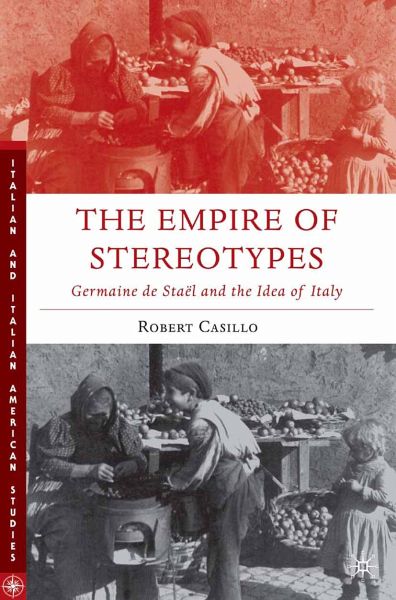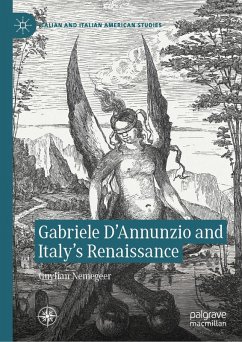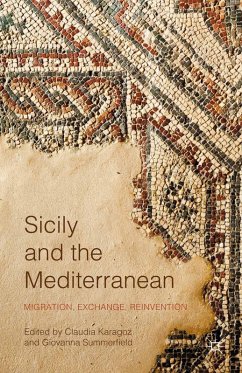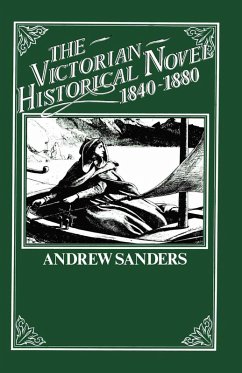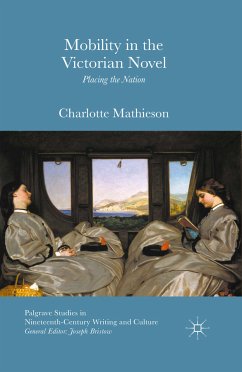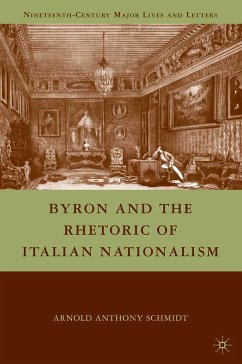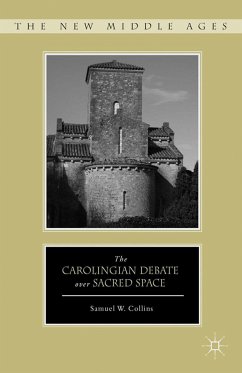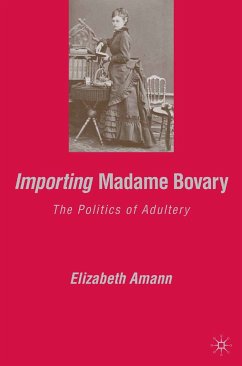'In this impeccably written and comprehensively researched book, Casillo takes Madame de Staël seriously as the superlative cultural analyst that she so clearly was for her contemporaries. Confronting the stereotypes of travelers with the assessments of historians, political scientists, and sociologists, Casillo reveals what Italy and the Italians have meant over three centuries. The result is a tour de force.' - Priscilla Parkhurst Ferguson, Professor of Sociology, Columbia University
'An intricate and cogent account of the perception of Italy through the centuries.' - Massimo Bacigalupo, Professor of English and American Literature, University of Genoa
'The Grand Tour through Italy has been an obligatory step in the
education of young and old for almost three centuries. Desired, imagined, praised, and criticized, Italy has become overridden with clichés and commonplaces. Beginning with Madame de Staël's Corinne, ou l'Italie, Casillo examines with perceptive depth and rich knowledge the origin of the stereotypes surrounding 'Il Bel Paese.' This is a precious contribution.' - Giovanna Franci, Professor of English and American Literature, University of Bologna
'This is an invaluable book. Rich in deep and original analyses of the cultural phenomena from the late Renaissance into the twentieth century, it is marked by the intellectual rigor of a profound historical approach. While it employs an interdisciplinary approach to its subject, italso reveals the continuing contemporary relevance of its cultural and political issues.' - Cristina Giorcelli, Professor of English and American Literature, University of Rome
"In this long needed study, Casillo provides historical, cultural, and philosophical perspective on the formation and (mis) appropriation of stereotypes of Italy and Italians. Using Madame de Staël as the pivot of many centuries of often pejorative writing on Italy, Casillo retraces in detail a long history ofprejudice while at the same time documenting the historical facts that illuminate and underlie the process of stereotype formation . And while examining the past, Casillo's lucid research exposes the ideological limitations of the often prejudicial debate over Italy and Italians which is far from over.' - Andrea Carosso, Professor of English and American Literature, University of Turin
